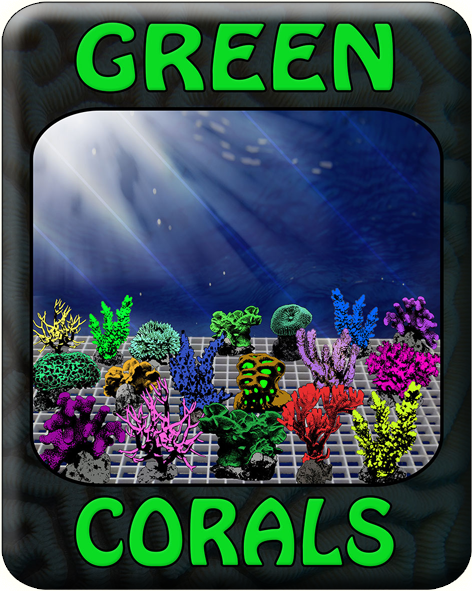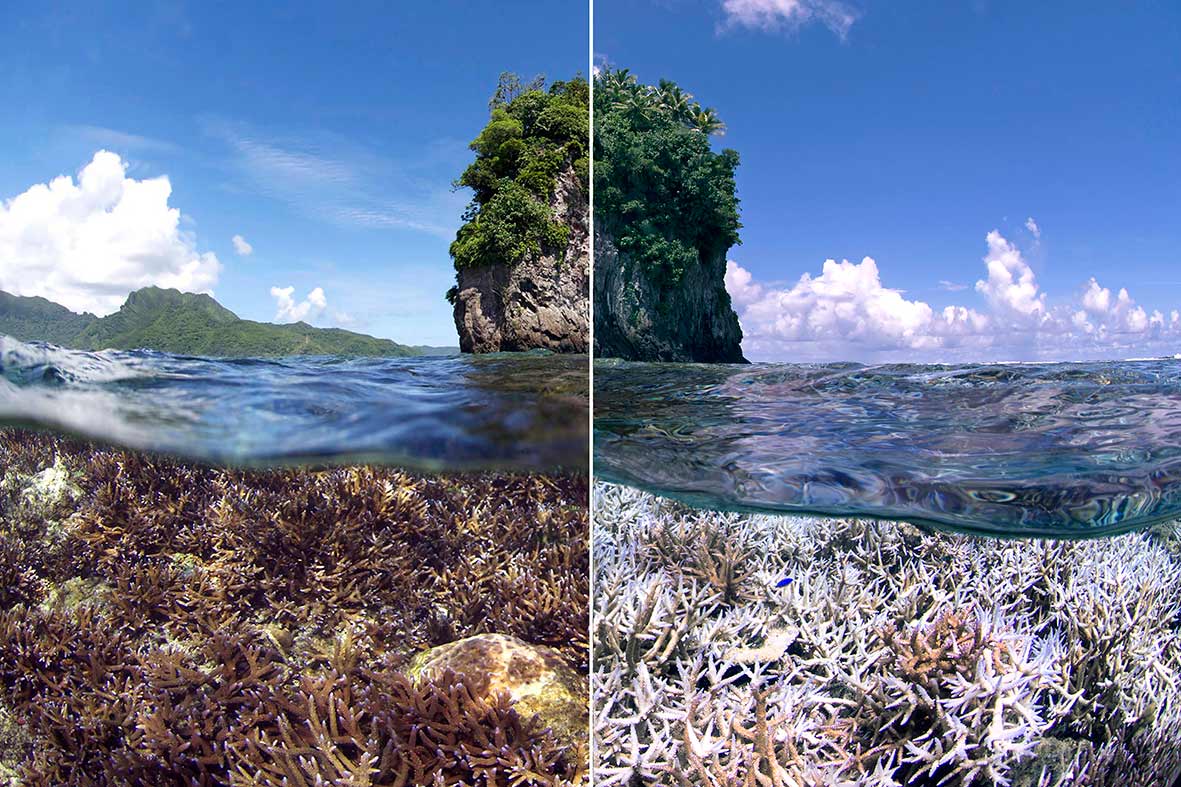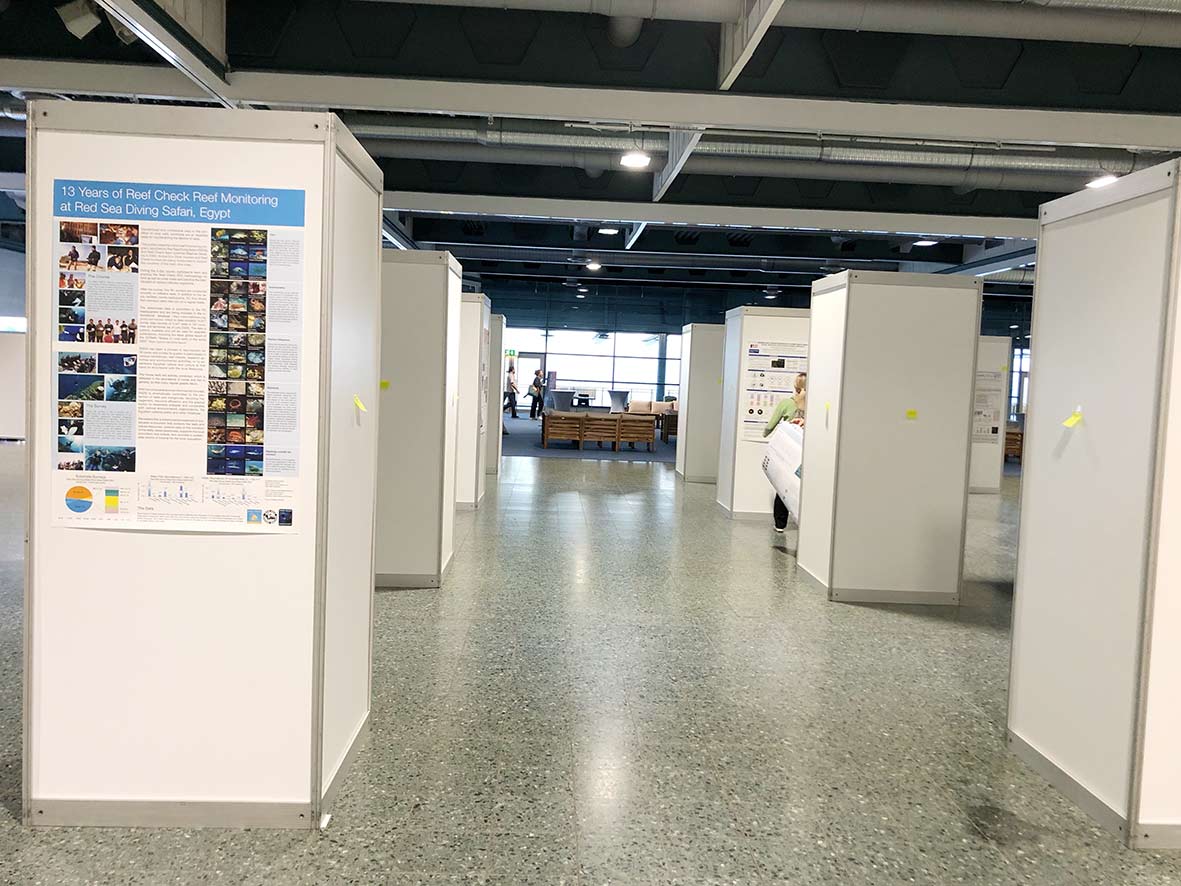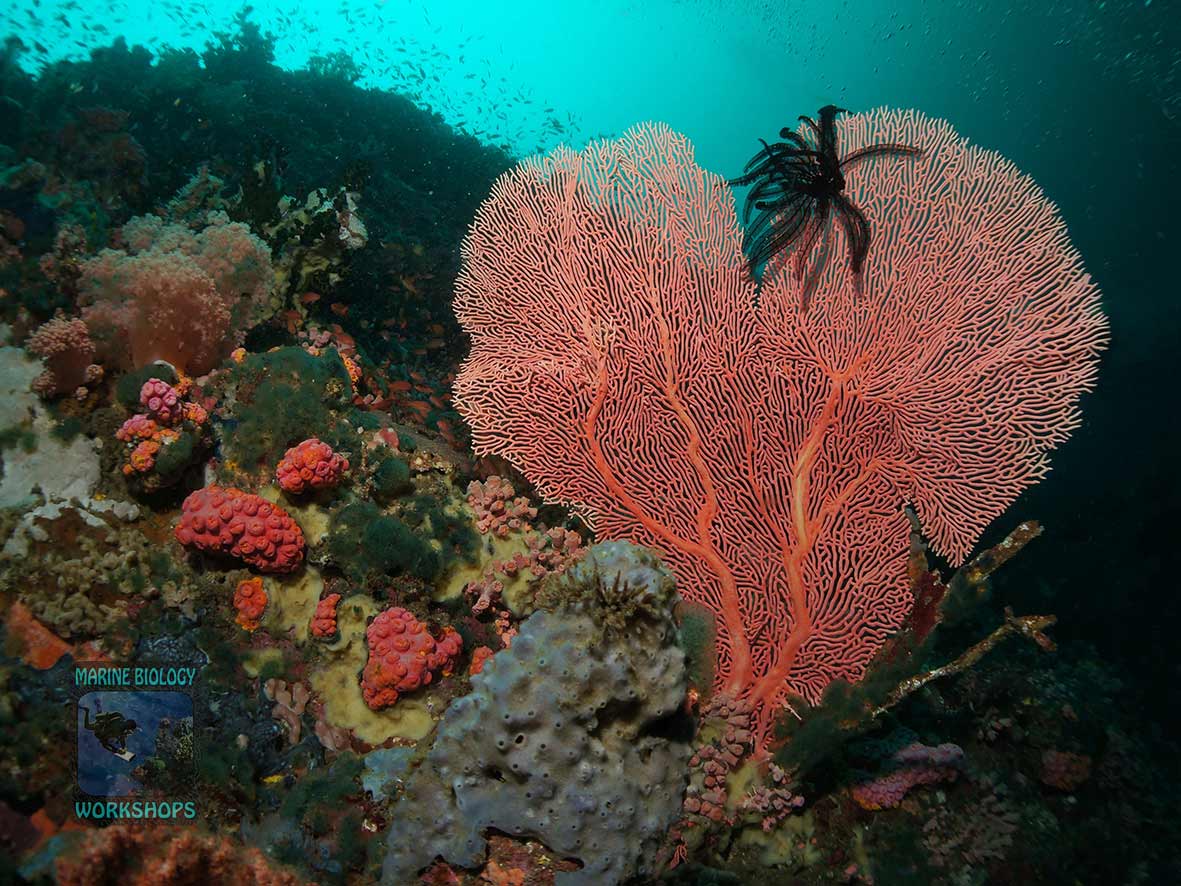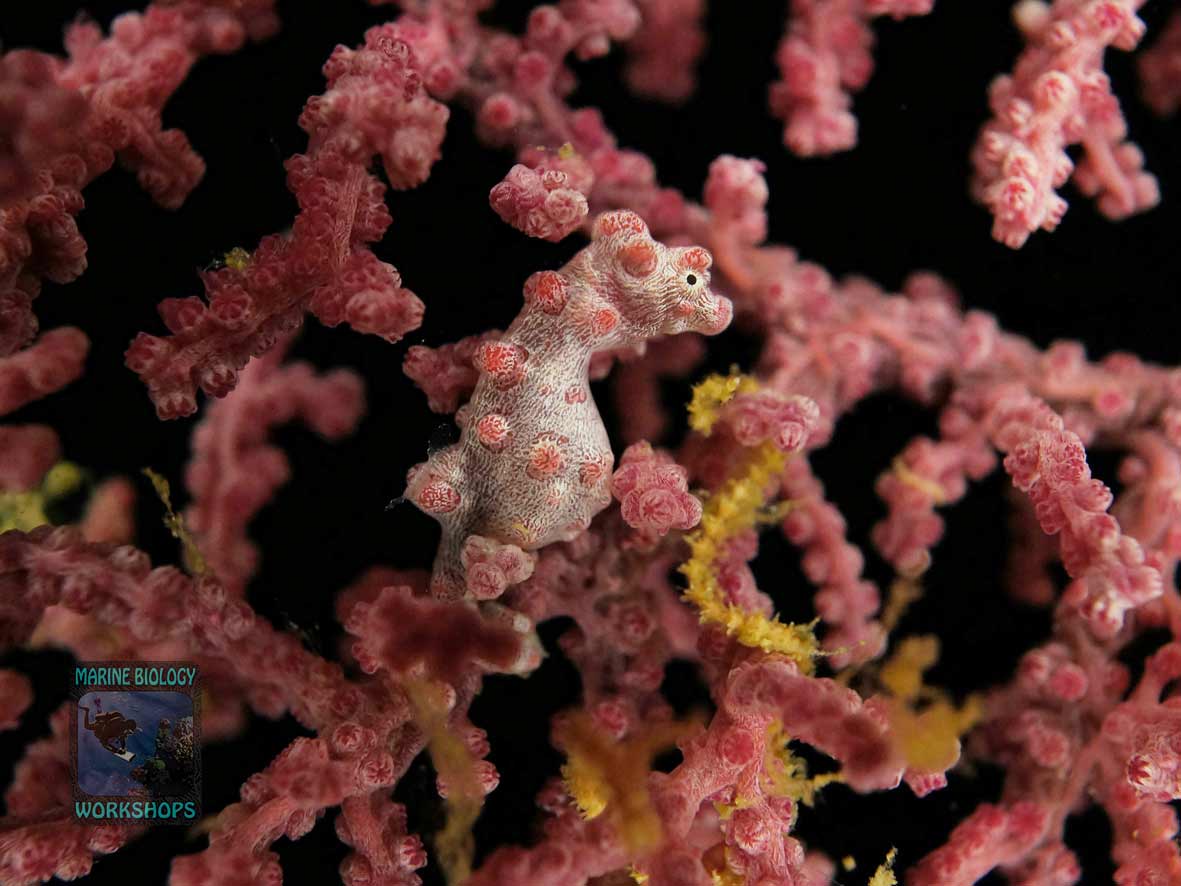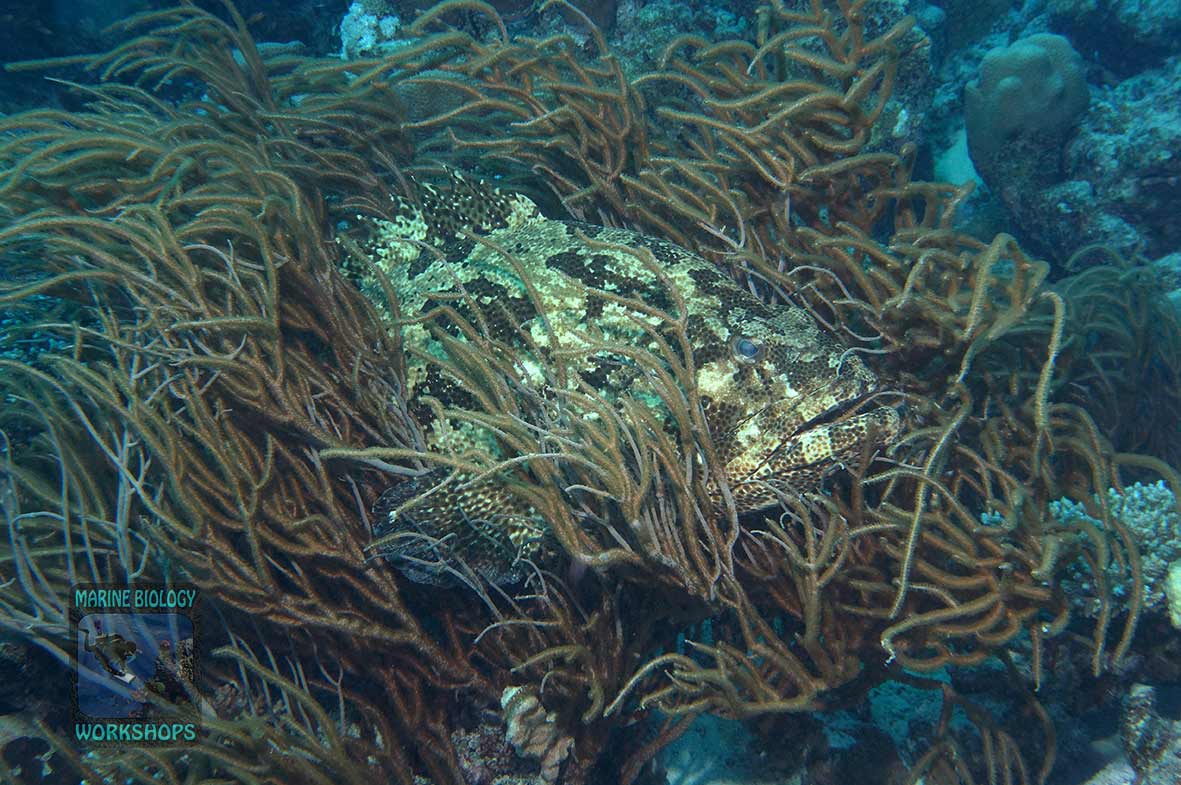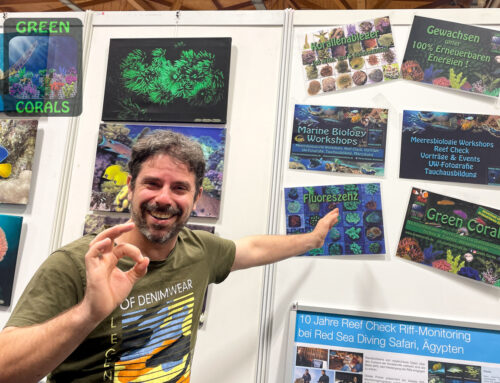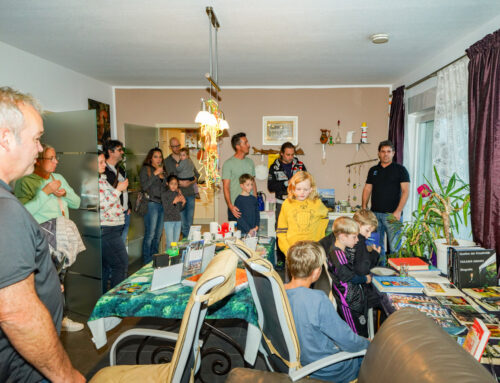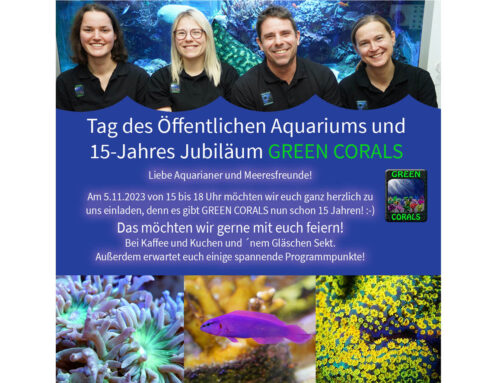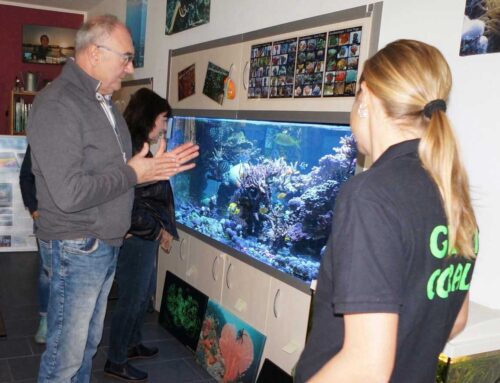From July 3-8, coral reef scientists, marine biologists, reef managers from all over the world met in Bremen, Germany, for the 15th International Coral Reef Symposium (ICRS2022).
The conference, which was actually planned for 2020, had to be postponed twice or only held virtually, respectively, due to a nasty little virus. But in 2022 the ICRS could finally be held “in-person”, but also online (i.e. “hybrid”) at the Bremen Exhibition & Conference Center with more than 1100 participants from 80 countries.
The reef scientists who had traveled to the event – or who had joined virtually – presented their latest research results on 15 different topics. We also presented our experiences and results in reef monitoring in the form of a poster presentation: “13 years Reef Check Reef Monitoring at Red Sea Diving Safari, Egypt”.
A focal point that ran like a “black” thread through many presentations and posters is, on the one hand, the ongoing decline of coral reefs worldwide, as well as approaches to eventually help corals adapt to higher ocean temperatures, what only means to buy a few years of time. Key words “coral bleaching”, “ocean acidification”, “climate crisis”, “coral reef crisis”, “biodiversity crisis”, “ecosystem degradation”, “marine protected areas”, “assisted evolution” or “reef restoration”. Precious time is running out and there is no doubt among coral reef scientists that the survival of these fantastic, biodiverse, vital ecosystems depends on finally implementing effective measures to address the climate crisis/disaster. And as if global warming and ocean acidification as a direct result of CO2 emissions were not enough, on a local level there are also other human impacts such as overfishing, over-fertilization, pollution, habitat destruction…. are added to the mix.
Coral reefs are not only tremendously biodiverse, complex, fantastic ecosystems – they are also vital in many ways and of existential importance to humanity due to their ecosystem services! As a hotspot of biodiversity and genetic treasure trove, habitat and nursery for countless marine creatures, coastal protection, carbon sink, laboratory for new medicines, and last but not least as a source of food and livelihood for several hundred million people who are directly and immediately dependent on the coral reefs.
The famous ecologist Eugene P. Odum, who died 20 years ago, stated: “All in all, humans can learn a lot from the coral reef, about recycling and the art of surviving well in a world of scarce resources – a clue to forming a better symbiosis with the plants and animals on which we depend.”
For those interested in learning more about coral reefs and gaining insight into current coral reef science, these excellent resources in particular are highly recommended:
*ICRS Science to Policy Paper
*Sonderausgabe des ECO magazine zur ICRS
*Book of abstracts (>1100 Seiten)
*International Coral Reef Society (ICRS)
As part of the social program, a photo competition on coral reefs was held, with the categories “Beauty”, “Science” and “Threats”. The 100 best pictures were exhibited at the “Haus der Wissenschaften” in Bremen, Germany, to present just these facets of coral reefs to a wide audience.
We also submitted a few of our “best-of” images to the three categories and promptly even won 3rd place in the category “Threats”:
“The pink anemonefish (Amphiprion perideraion) and the completely bleached magnificent anemone (Heteractis magnifica) are emblematic of the uncertain future of coral reefs due to global warming and ocean acidification. Will the anemone starve and die due to its lack of symbiotic algae? Will the anemonefish become “homeless” and then be eaten themselves because of their lack of protection? Or can the anemone also transitionally feed on zooplankton and ultimately recover its zooxanthellae and regenerate?” The image was taken in November 2017 on Yap, at the tail end of the most severe and prolonged global coral bleaching event to date (GCBE 2014-2017).
A big thank you to the Organizing Committee for their efforts to prepare and host this international conference!
